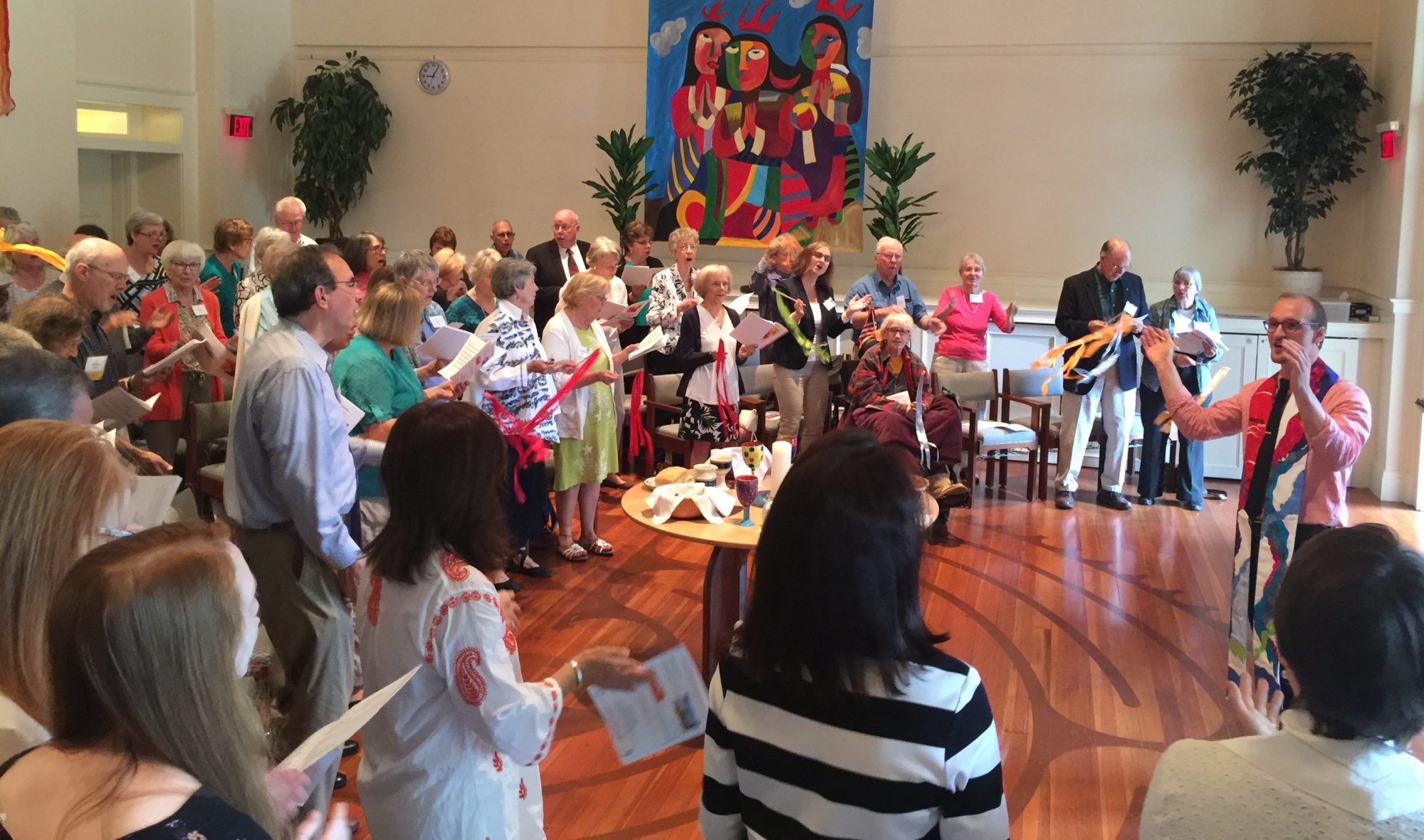Theology as Divine Enticement, Faith as Costly Call
“Theology seduced me… Theology reaches for our limits, and it opens in our midst… ‘I am interested in language because it wounds or seduces me…and in theological texts we find the very language of wounding…and of infinite seduction.”
“Faith is the willingness—more strongly, the will—to dwell in question, in mystery, and so, paradoxically in the pursuit of answers…answers [that] precisely are question; the answer is questioning, wonder, absence and excess, knowledge at its most restless, pulled by memory and desire. In the Christian version, this is characterized by a most peculiar time of incarnation.”
—Karmen Mackendrick, Divine Enticement
Why does it matter what my theology is?
Why does it matter whether or not I do theology—whether or not we do theology?
How do my words about God become flesh—how do they affect people?
As I reflect on theology—on my theology—these questions remain before my mind’s eye. Thinking about God is not something we should take lightly, as if what truly matters is simply “doing the work.” Thinking about God and doing the work are caught in an inextricable dance; they always mutually inform one another. The stories we tell about God, others, and ourselves inevitably shape how we live. Likewise, how we live reflects and shapes our theology. This perhaps becomes most obvious when we encounter or speak about those whom we deem “outsiders” or “different.” Indeed, whether we feel qualified or not, each of us is inherently a theologian insofar as we think about God or ask what it means to follow Jesus.
Since our relationship with God is never merely private, the content of our theology matters profoundly. Words about God come ever enfleshed; they arise out of our embodied experiences—always carrying a trace of our own joy and woundedness—and inherently mark the bodies of others. It’s a simple but crucial reminder: we possess the power to build up and destroy. We must be sensitive, therefore, to the ways our theology is shaping the world. The challenge and invitation to us—as I discovered through my friendships with Mike, Huda, and Levi—is this: How does our relationship with and thinking about God lead us to encounter unfamiliar people and situations? As we do, how open are we to the reformation of our understanding of God?
Because of the implications of the stories I tell about God, others, and myself, I have tried to cultivate a fundamental orientation of dwelling in mystery, searching for good questions, and listening to others—especially those who are often overlooked and marginalized in our society. In this sense, I begin with a conviction borne of experience—I have much to learn! Both academically and personally, my faith has been profoundly challenged, inspired and transformed by African Americans, undocumented immigrants, and Palestinians; by people with disabilities, those who struggle with mental health, and those who are homeless, poor, and/or in prison; by people from developing countries and those who practice other religions. This is not merely a list. As I recount my spiritual journey, these identity markers open profound stories where I have encountered God anew and in a way that has enlivened and deepened my faith.
On this journey, I am seeking nothing less than utter transformation, perpetual transfiguration, and continual rebirth so that with Paul I might proclaim—as both aspiration and as mine now by faith—that “I have been crucified with Christ; it is no longer I who live but Christ who lives in me” (Gal. 2:19-20). I feel called to ministry because I desire to invite others into this radical journey—this joy-filled as well as costly call to discipleship. For me, ministry is not so much one career choice among many as much as a manifestation of living out my deepest yearnings.
